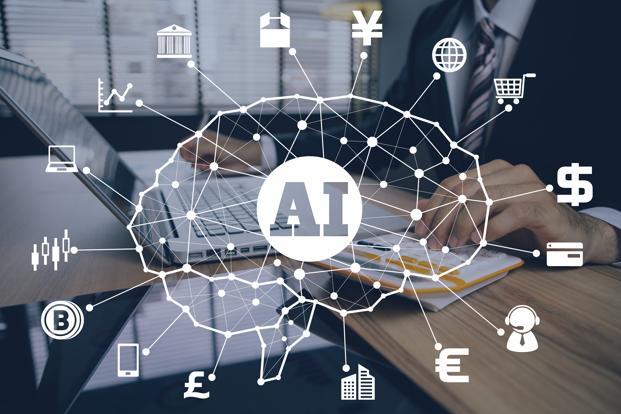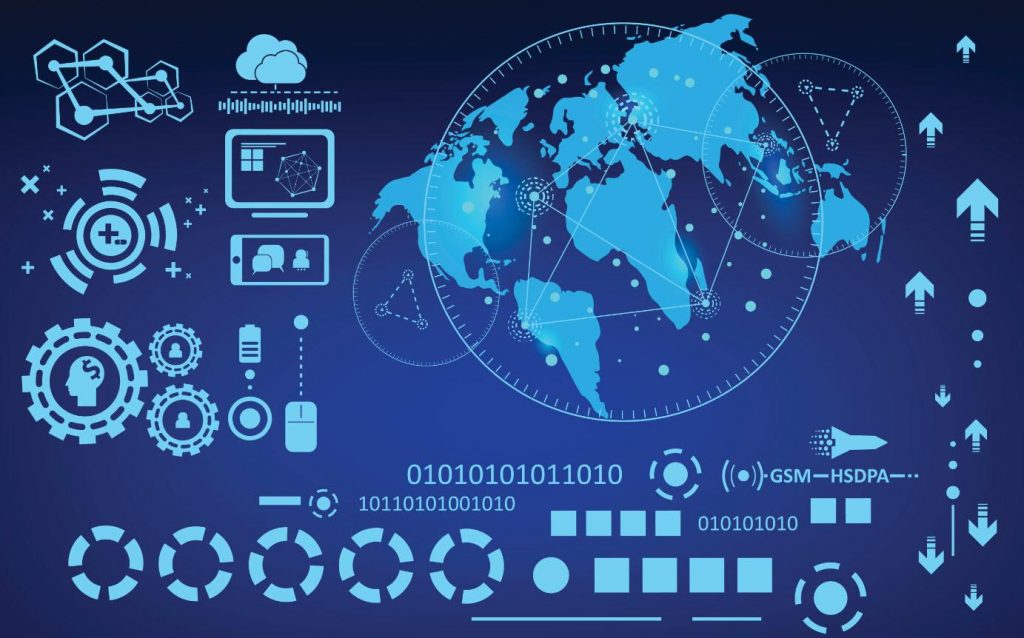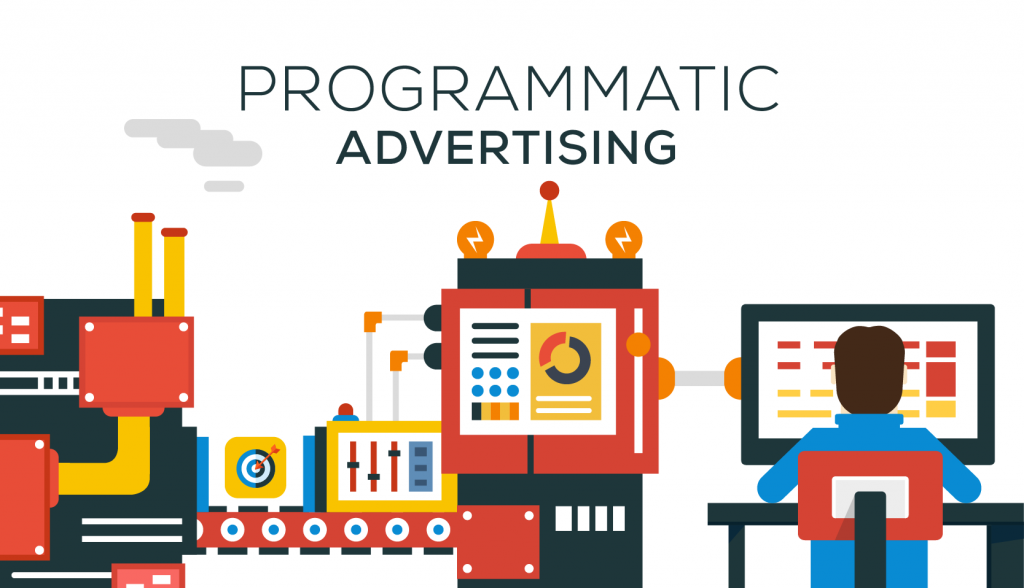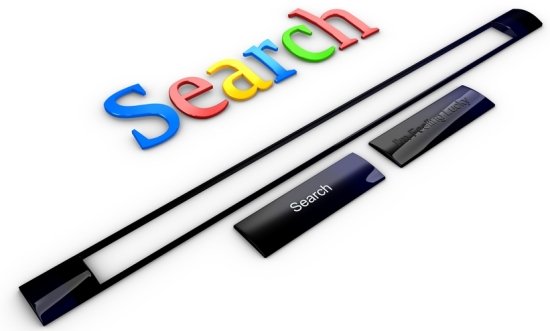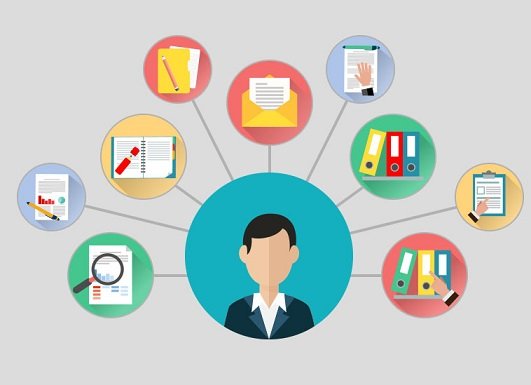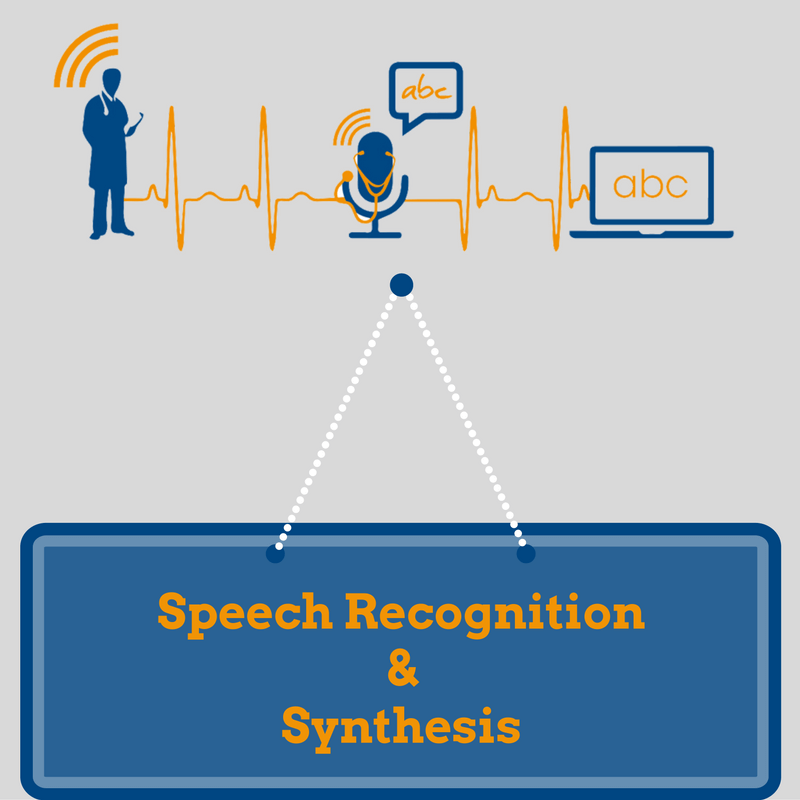The term, ‘Artificial’ indicates something that doesn’t occur naturally or is man-made and ‘Intelligence’ means the acquisition and application of knowledge and skills. Therefore, we can say that AI entities are the man-made systems that are able to acquire and apply knowledge as if they were human beings.
But, when we speak about marketing, we don’t actually mention self-driving cars and speaking robots, the fundamental digital and advertising transformation became real when MA-based technologies for marketing automation appeared.
Today, Machine Learning as a section of Artificial Intelligence uses statistical knowledge to provide the algorithms with the ability to observe, extract new knowledge from the large amounts of data, and apply it when the business needs to analyze, scale, and tune the workflow with a high level of precision.
3 Reasons Why AI-Based Technology Is Important
Firstly, with continuous observation of data and statistics, there is an upsurge in improvement in AI-based technology. With the implementation of AI, multiple tasks are easily and quickly performed with a high degree of accuracy.
Secondly, AI adapts through learning algorithms. AI is able to find a pattern and find correlations which helps programs or machines to guess what the next step will be.
Thirdly, AI is able to analyze bulky data and quickly interpret informational flows observed. The more data AI is able to be trained with, the more accurate its function will be.
MA + AI: What’s in for the marketing?
With the rapid development of the technological world, merging of Artificial Intelligence and Machine Learning with marketing and advertising was inevitable. These technologies have taken big and small brands to greater heights as they realized that workflow automation is able to skyrocket the performance, cut off the middlemen, and empty the time for strategic decision making.
Below are several examples of the most popular systems based on AI and MA which redefined the traditional marketing due to their high capacities to process, interpret the data and use obtained knowledge for the process optimization.
1. Programmatic Advertising
Programmatic advertising is a computerized booking mechanism that facilitates the purchasing and selling of the digital inventory between publishers and advertisers, media-buyers, agencies and marketers.
Programmatic algorithms are able to process the audience data in order to make the targeting process more precise. The automated systems and algorithms perform the bidding automatically, they work on the seller side SSP and the buying side DSP, defining the importance of every single bid and running transaction without the participation of a person.
The whole process is beneficial for selling and buying side alike, the bidding is happening in microseconds during which the requirements for the ad placement are matched, then the deal gets closed for the most optimal price for both parties.
2. Search Terms
When we want to purchase an item we need, we most likely will use a search engine or maybe an online shopping mall to look for the particular product we need. In the early 2000’s, the probability of finding a product you wanted was very low if you didn’t know its exact name or title.
With the integration of AI technology searching for products has become way easier than in the past. Search systems are faster, smarter and more accurate in providing you the results.
As well, digital commerce and marketing have also been able to aid small e-Commerce stores by employing search technologies. This open source software is an enterprise-grade search engine which facilitates very fast searches for data discovery applications and real-time analytics with large volumes of log data.
3. Recommendation Engine
This a feature refines items and predicts what an individual might need based on the data collected from other users through machine learning technology.
For example, Netflix takes into account what movies are frequently watched, the genres, and ratings. Thus, when a user logs in and searches for the movie, the recommendation engine will take into account previously gathered information and show the searcher similar movies or series.
Improvements such as misspellings detection and calibration of misspelled words have been invented as variations of the algorithm. Even with mistakes in the search, you’ll still be able to get the relevant results for the query, otherwise, you will be suggested to check similarly sounding ones.
4. Speech/Text Recognition
AI-based technologies such as Google Assistant, Microsoft’s Cortana, Siri and Alexa are developing rapidly, they’re changing the way we interact with the world. Digital assistants are used for different purposes and in various ways. With speech/text recognition these assistants are perfect for facilitating such daily tasks:
- Seeking information
Digital assistants are able to provide users with information about products or services in seconds.
- Making purchases
Individuals can purchase items without going through all customer stages – searching, comparing, performing transactions.
- Scheduling and booking
With the aid of AI-based technology, digital assistants can make calls to business partners, book appointments or make hotel reservations on behalf of an individual.
To sum up
Today, AI and MA technologies are essential elements of our lives and we interact with them without noticing it. AI and MA are also widely used in marketing, the brands use various tools for content management, search engine and daily routines optimization and advertising based on them.
These technologies do not simply accelerate the workflow, they also increase the quality of all tasks done. With these efficient core algorithms, the marketers are finally able to save a huge amount of time releasing their hands from routines and focusing on tasks which are strategically important for business.

